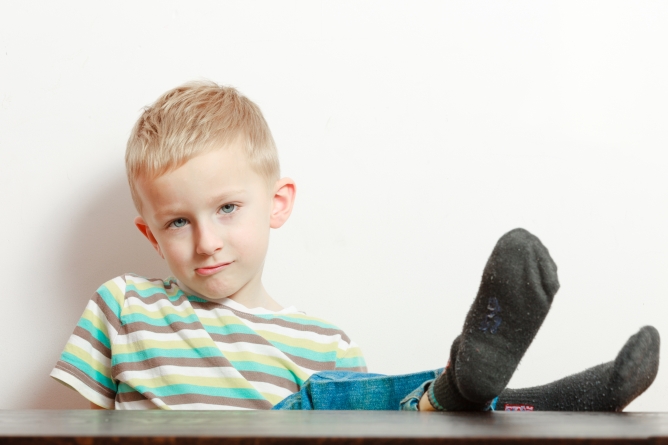How to Deal with “I’m Bored”
If your child has been out of school for more than a couple of hours, you might already have heard those dreaded words, “I’m bored.”
Too often as parents we feel an irrational need to never let our children experience that state of having nothing to do. As a result, we sometimes trip over ourselves to make sure they are amply entertained, resorting to devices like mobile phones or tablets to keep them busy rather than encouraging them to find ways to busy themselves.
However Dr. Teresa Belton, a Research Associate and Visiting Fellow at the University of East Angila, disagrees. Her doctorate research looked at the influence of videos and television on the story-making abilities of 10 to 12-year-old children. In an interview with the BBC, she says boredom can be an “uncomfortable feeling” and that society has an expectation that a person should be “constantly occupied and constantly stimulated.” She also worries that all too often children who have nothing to do turn to screens—television, the computer or a phone.
Belton believes teaching children to deal with boredom is important. “Some young people who do not have the interior resources or the responses to deal with that boredom creatively…sometimes end up smashing up bus shelters or taking cars out for a joyride.”
In interviews with artists and writers, Belton found that boredom led many of them to explore their own creativity and discover their talents. Belton concludes that “children need to have stand-and-stare time, time imagining and pursuing their own thinking process or assimilating their experiences through play or just observing the world around them.”
Parent educator Nancy H. Blakey agrees. In the article The Beauty of Boredom, Blakey says, “Boredom can be a personal invitation to our own unique menu of events without outside management. It can help to build an inner fund of resources that guide and prompt one into a meaningful life.”
She encourages parents to be willing to tolerate boredom and to avoid using television or organized activities as an antidote. “As we move through the human cycle it is possible for boredom to deliver us to our best selves.”
Blakey suggests parents provide boredom buster boxes that are easily accessible, without instruction and full of possibility. Some of her ideas include dress up clothes, junk drawer gleanings, first aid supplies, bead bucket, construction items, and card making supplies.


